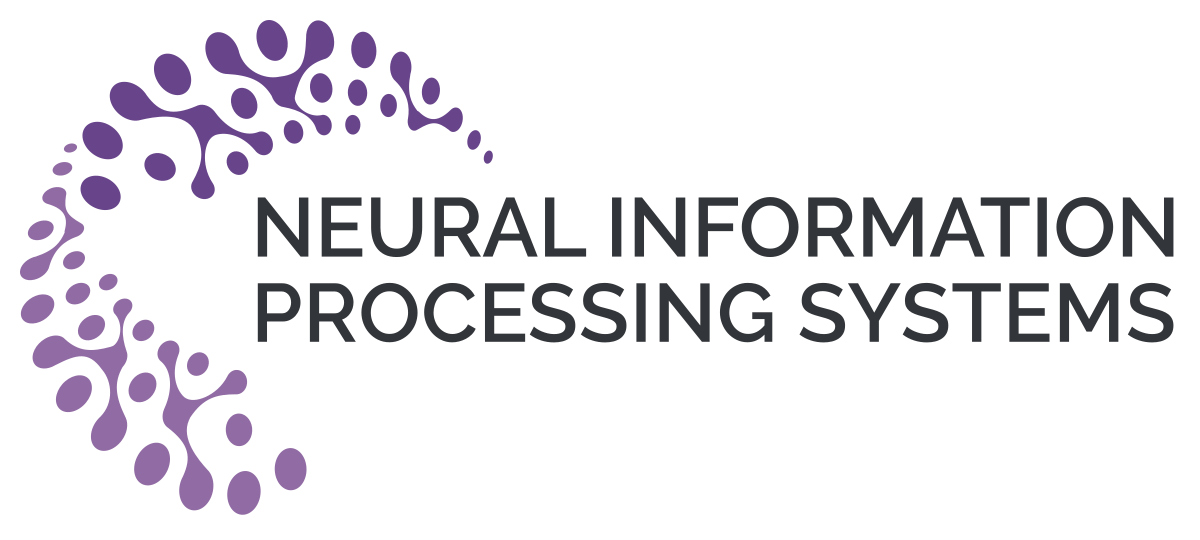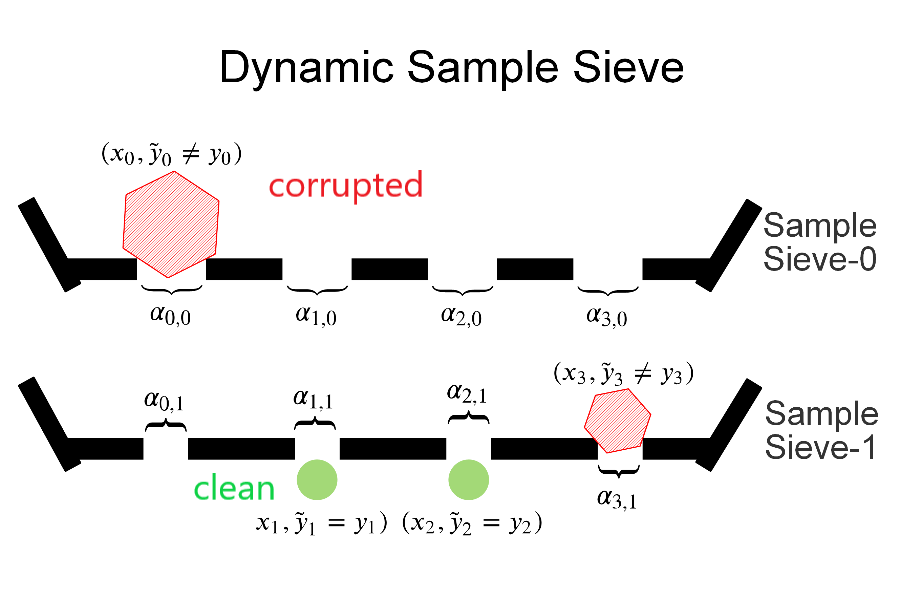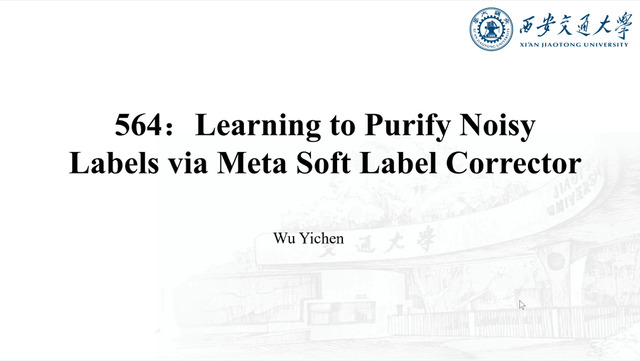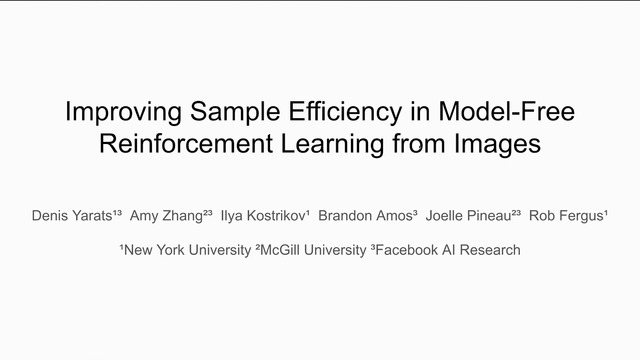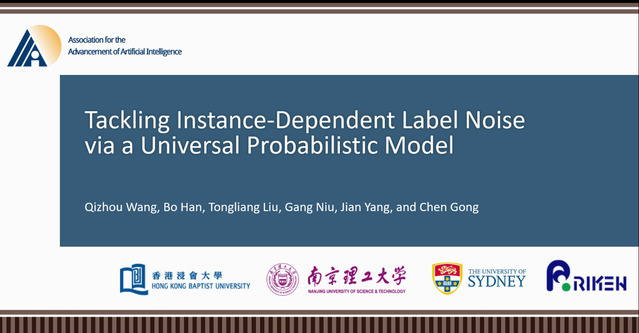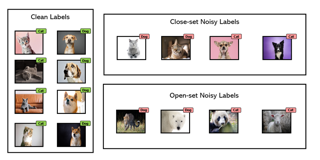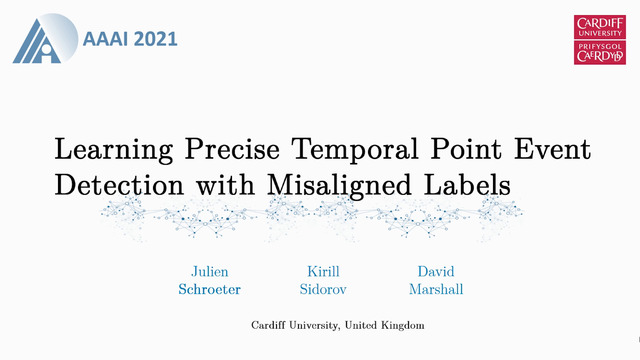Abstract:
We propose self-adaptive training---a new training algorithm that dynamically calibrates training process by model predictions without incurring extra computational cost---to improve generalization of deep learning for potentially corrupted training data. This problem is important to robustly learning from data that are corrupted by, e.g., random noises and adversarial examples. The standard empirical risk minimization (ERM) for such data, however, may easily overfit noises and thus suffers from sub-optimal performance. In this paper, we observe that model predictions can substantially benefit the training process: self-adaptive training significantly mitigates the overfitting issue and improves generalization over ERM under both random and adversarial noises. Besides, in sharp contrast to the recently-discovered double-descent phenomenon in ERM, self-adaptive training exhibits a single-descent error-capacity curve, indicating that such a phenomenon might be a result of overfitting of noises. Experiments on the CIFAR and ImageNet datasets verify the effectiveness of our approach in two applications: classification with label noise and selective classification.

